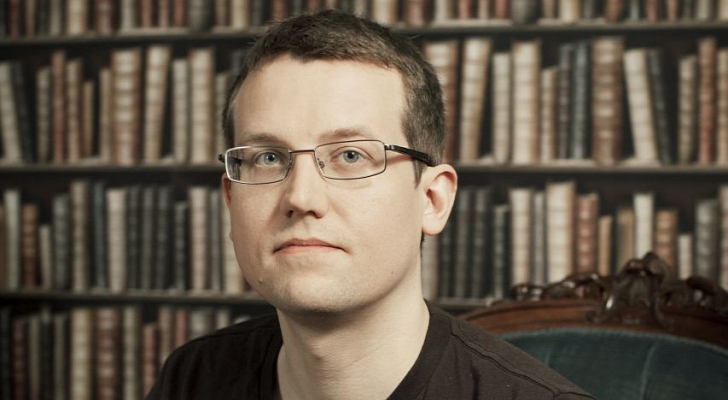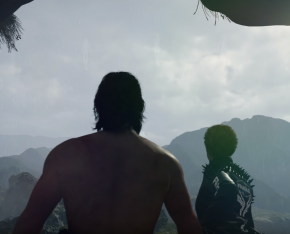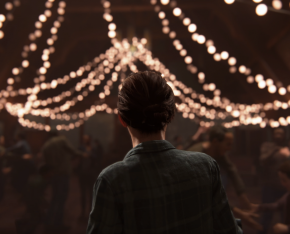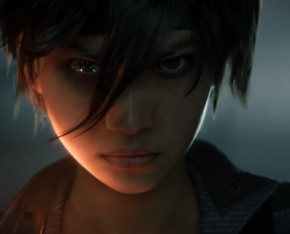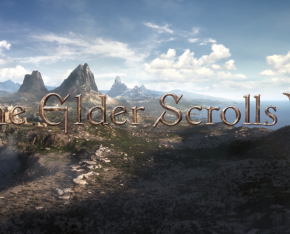By Alex D'alessandro on July 4, 2014 at 2:31pm
Paradox Interactive games have always attracted that somewhat jingoistic, slightly maniacal armchair general in us all. "Hearts of Iron IV" seeks to continue the tradition of deep and satisfying strategic gameplay while maintaing the historical revisionism to satiate the most astute history buff.
Dan Lind, project lead for "Hearts of Iron IV," talks to us about Paradox's upcoming grand strategy wargame.
Player Theory: "Hearts of Iron" is known as one of the most demanding and complicated series at Paradox Development Studio. You’ve stated that your goal is to follow in the footsteps of “Crusader Kings II” and “Europa Universalis IV” by developing streamlined gameplay — without negating the complexity and detail — that players have to come to expect from a Paradox game. How difficult has it been to make Hearts of Iron IV more about the larger aspect of war and less about the micromanaging of battle?
Dan Lind: Interesting question! It has required a bit of a mindset shift and changing of how most of the major features of "HoI3" worked, so it’s definitely been a lot of work. We've tried to design features around planning ahead so while you still need to make mostly similar choices to those you made in earlier versions, you can do them when you have time and can then move your attention elsewhere. "HoI III" was at its heart a micro-management game but with effectively all-or-nothing AI control you could use for some mechanics. For "HoI IV" we are aiming between these extremes, giving a lot more immersion as a military commander while still having the time to focus on the big picture.
PT: The new production and technology system in "HoI IV" looks to reward players for patience and dedication when rolling out armies, weapons, and other instruments of death. How does the organic nature of production queues, e.g., using similar chassis, engines and the like, ensure more realistic but also more manageable grand-strategy experience?
DL: We're switching to an industry model based around production lines that produce equipment, tanks etc because we wanted to model the historical dilemmas involved in changing between different models of equipment. The Americans and Soviets focused heavily on making a single model of tank (the Sherman and the T-34 respectively) and while they had newer technology they didn't dare switch over to them, because it would slow down the production of tanks. We present players with the same choice: every change you make to a production line will impact its efficiency negatively to different degrees. This means you get a new strategic choice to make every time you research something new as well as giving the player a reason to keep older models around and improving them incrementally (which doesn’t have as much of an impact on efficiency) as was done historically. Having production lines also reduces micromanagement because it handles both reinforcement and new production and rather than queuing up individual divisions, like in "HoI III" you will be trying to match your monthly output of equipment to the losses at war or attrition.
PT: There has been some talk about a cooperative mode. Are there any details you could give us about the validity and implementation of said co-op mode?
DL: It isn't actually done yet, so I can't give much detail. The idea is that you may want to play the larger nations together with a friend. Countries like Germany, USA, and Britain are involved in theaters in many places of the world, so being able to split responsibilities is really convenient and fun. It can also cause internal tension in a team in multiplayer when you argue over whose front should get those much needed reinforcements.
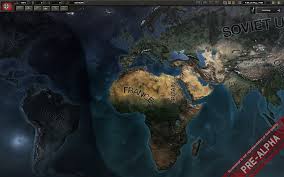
PT: The Clausewitz 3.0 engine will add some serious graphical advancements to "Hearts of Iron IV," especially in regards to the map. What can you tell us about the more intuitive map zooming function that is set to replace the standard map tabs?
DL: Our goal for the map has been to let you play in a single map mode for the majority of the game. A single mode should let you make all the decisions you need for using your armies without having to toggle through different views. So for example, when zoomed out, what you see is effectively the political view you are used to from "HoI III," which easily lets you see who owns what etc, but, as you zoom in, that fades out and shows you terrain and weather which is what is mostly relevant for planning your troop movement up close. We have also worked with summarizing information depending on zoom level. So when you are zoomed in, you see individual divisions, but as you zoom out they will group up into larger armies etc. so you can easily see your exact force distribution.
PT: National Goals will be important in keeping nations within certain historical boundaries. Will every playable country have some unique historical flavors or national goals to incentivize players to try out a less historically important country?
DL: Giving each nation unique goals is a little bit too ambitious, but all of the major nations in the conflict will have unique goals. We have a lot of dynamic goals that are available for all, so that together with each nation’s strategic situation should give plenty of incentive for to replay with different nations.
PT: In guiding the spirit of your nation, will the leaders and generals of your country be as important in the overall destiny of your country? What information can you share on strength and necessity of your war cabinet?
DL: In "HoI IV" we aim to have fewer leaders and generals but each one will have a greater effect on the game. Leaders can no longer be swapped about at will. Instead you need to use a portion of your Political Power to make use of their abilities. Generals have more to do now, too, as they must plan how to carry out your directions, and can affect combat more through an expanded Tactics system.
PT: WWII is known as the largest and bloodiest conflict in human history, creating millions of refugees with unknown numbers of civilian dead. Is the topic of WWII, still remembered by those who lived through such terrible times, a sensitive subject to create a game about without being insensitive to those who confronted such great loss?
DL: When it comes down to it, we make games and not history books so we can take some liberties. We don't really model the horrors of war at all and there is no civilian population to terrorize. We want the player to enjoy the strategic challenges and not force them to relive war crimes.
PT: In "Hearts of Iron III," trade was always an easily automated area of your countries battle plan, but that also made the effects less felt. Like production, technology, and doctrines, will trade have idea-crossing effects? E.g., denial of a trade resource to a neighboring country could have specific diplomatic effects later on?
DL: Yes, neutral nations will now be more keenly aware that warring factions want their resources and may use force to get them, so they will try to stay on friendly terms with all factions and sell equally to them. If you want to get more resources out of these neutral nations, you will need to improve your relations with them. It will also help to have military forces in their region to remind them that your silk glove covers an iron fist. If you can arrange matters so that you are the only large military nearby, they will be much more willing to sell more resources to you, which allows for situations like Germany invading Norway to secure Swedish Iron ore, or the balancing act Turkey was caught in with Axis troops in the Balkans vs British troops controlling the Middle East.
PT: Will the Hearts of Iron experience benefit from using the Steam resources of modding and community engagement?
DL: Yes, we will have Steam Workshop support, so it should be much easier for players to get into and use mods.
"Hearts of Iron IV" isn't slated for release until next year, but a constant stream of gameplay information should help keep the gamers' trigger fingers at bay.
Stay tuned to PlayerTheory for more "Hearts of Iron IV" info, gameplay, and articles.
Hearts of Iron IV
